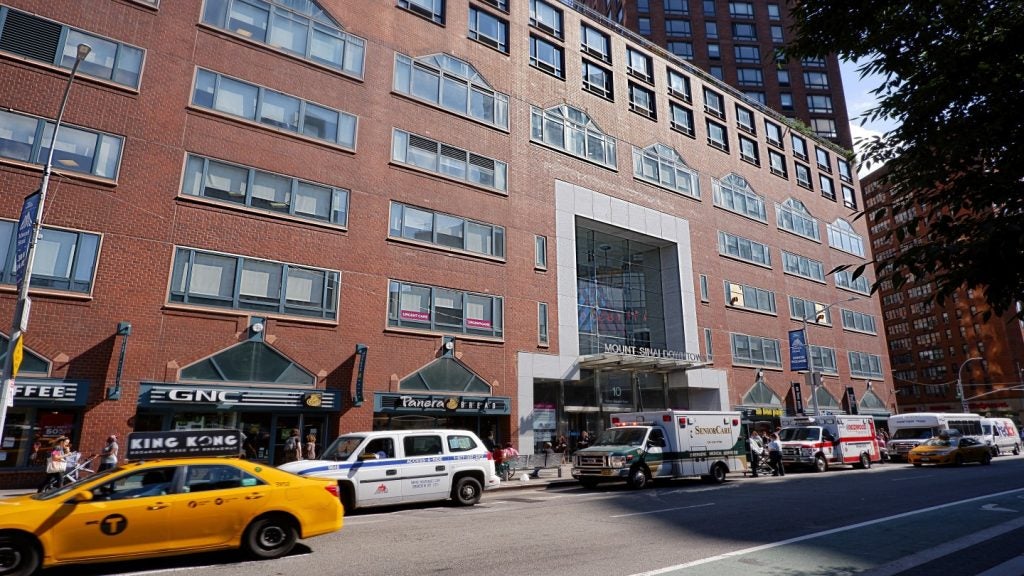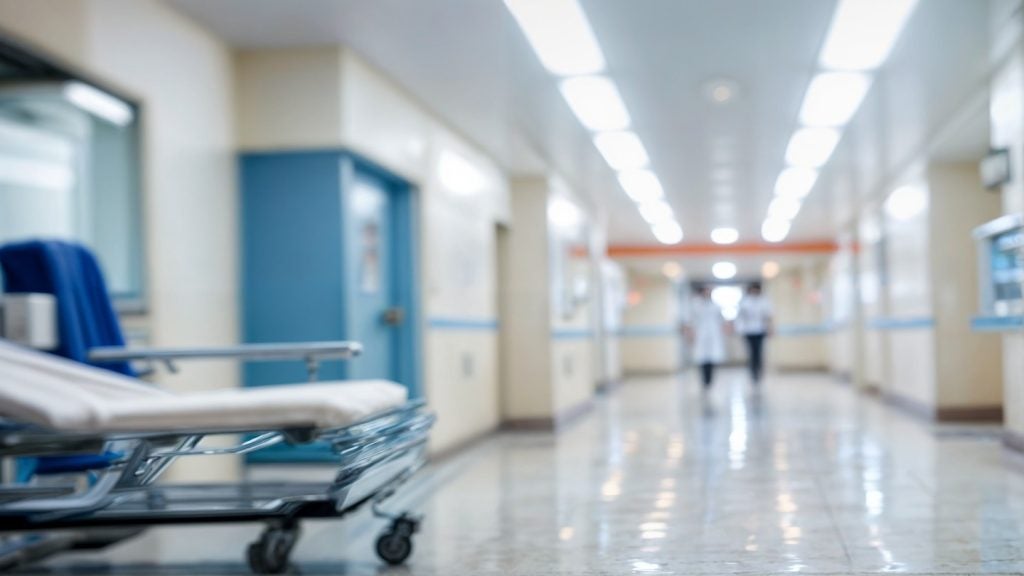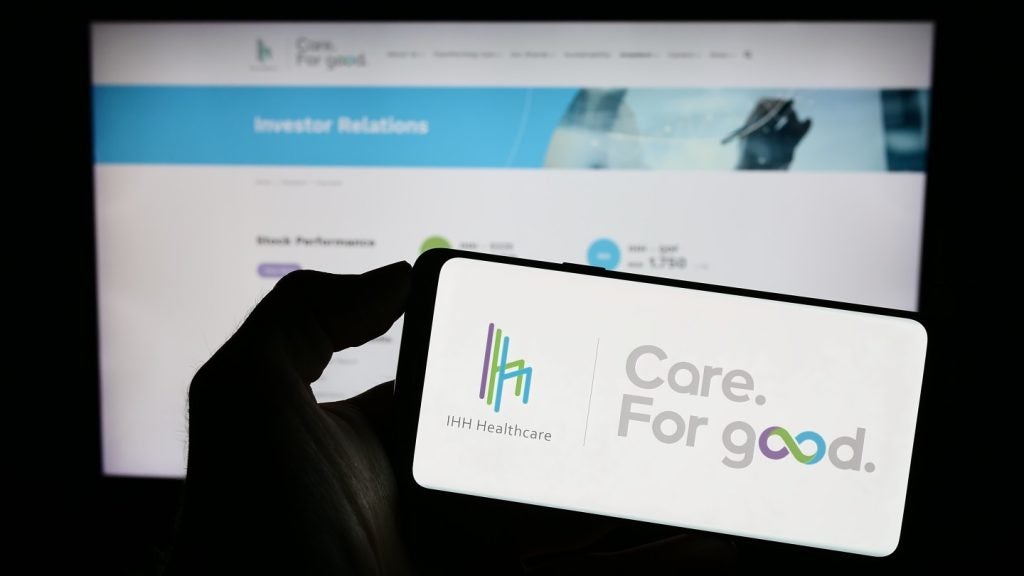Mount Sinai Health System has received approval from the New York State Department of Health (DOH) to close its Mount Sinai Beth Israel (MSBI) campus.
This decision is expected to impact emergency medical care availability for downtown Manhattan residents.
The hospital, which is located at 16th Street and First Avenue, is a critical provider of emergency services, handling about 6% of Manhattan's emergency room visits.
The DOH’s approval, received by Mount Sinai on 26 July, is contingent upon several measures.
These include establishing transfer agreements with nearby hospitals, expanding the Hospital at Home programme, and ensuring staffing at the Mount Sinai-Behavioral Health Center.
It also has a provision for coordinating with the Fire Department of New York to maintain adequate emergency services in the area.
Post-closure, patients who would have gone to Beth Israel are expected to turn to Bellevue or NYU Langone Health.
To prevent these hospitals from being overwhelmed, Beth Israel must fund Bellevue's emergency room expansion and operate a round-the-clock urgent care centre for three months.
In a statement, Mount Sinai said: “We will continue to work with the DOH and to communicate with our staff and patients at the right times but, for now, nothing will change.
“The hospital remains open as it has been while we await an update from the court about their requirement that the hospital remain open.”
The uncertainty surrounding Mount Sinai Beth Israel has persisted since 2016 when the closure plan was first announced.
Despite Mount Sinai’s investment of over $1bn to keep the hospital operational, the hospital continues to face significant financial losses, with projections indicating a potential $150m deficit this year.
Mount Sinai spokesperson Loren Riegelhaupt stated that Beth Israel will continue to serve patients for the time being.
Beth Israel's history dates back to 1889, serving primarily Jewish immigrants.
Despite its significance, it has faced financial challenges, mirroring the fate of other local hospitals like Cabrini and St. Vincent's, which have closed in the past two decades.
The New York Times cited health activist Mark Hannay, who recently expressed concerns in a letter to the state health commissioner, warning that the closure could create a “dangerous gap” in emergency care for Lower Manhattan.














